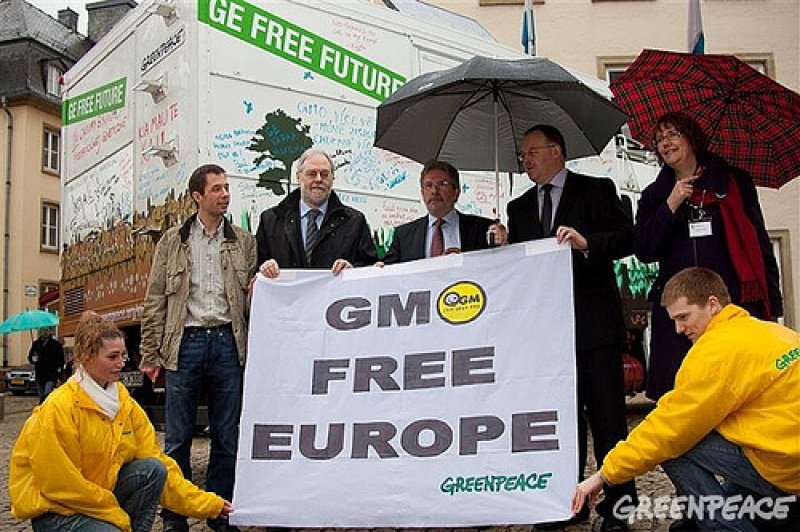‘It seems doubtful to me whether this idea (i.e. transformation) is ever going to be practicable’. These words were included in a report prepared by Ralph Riley (Director of the Plant Breeding Institute in Cambridge) following a Rockefeller Foundation conference that took place in the Villa Sebelloni, Bellagio, Italy, in May 1969.
The conference was entitled, ‘Crop Improvement through Techniques of Plant Cell and Tissue Culture’, and its declared aim was ‘to evaluate the present status of cell and tissue culture methods in plants, and to consider what prospects these procedures offer for crop improvement’. Of the 14 international participants, Lou Nickell from the USA was apparently the only one who, at that time, was conducting serious experiments to investigate the possibility of gene transfer to higher plants. However, the philosophy and pace of research changed dramatically during the subsequent decade and, by January 1983, four groups were able to announce at the Miami Winter Symposium that they had successfully used molecular techniques to transfer a gene into a plant (Downey et al., 1983).
Thirty years later, it is instructive to look back at the application of such technology and, in particular, to assess the present and future commercial status of genetically modified (GM) crops. This brief review pays special attention to the dichotomy of experiences, attitudes and opportunities represented on the two sides of the Atlantic.
Read full original article: Genetically modified (GM) crops: European and transatlantic divisions































